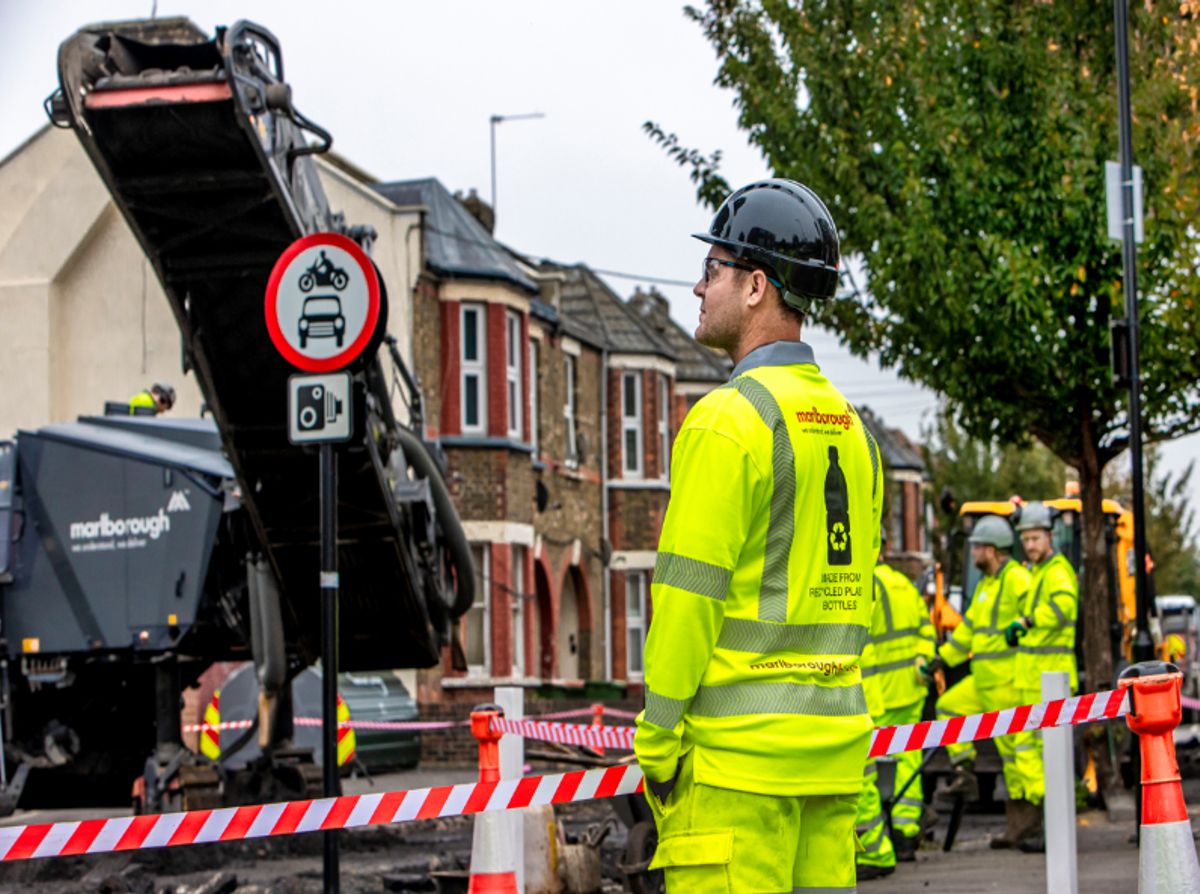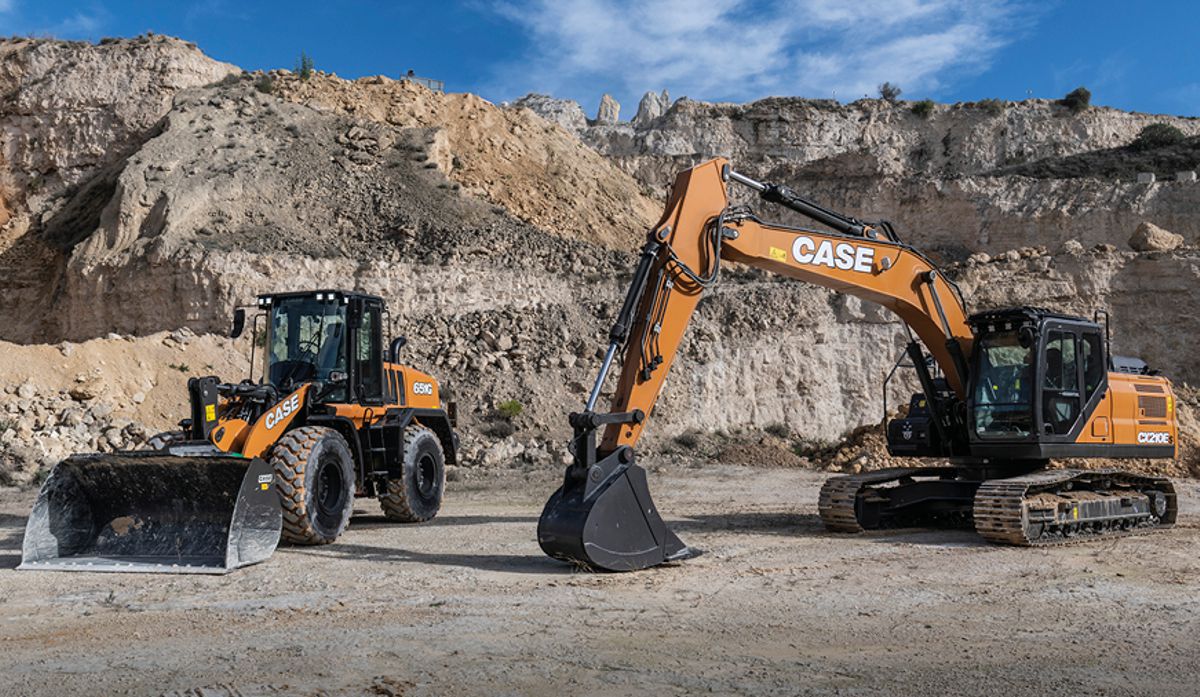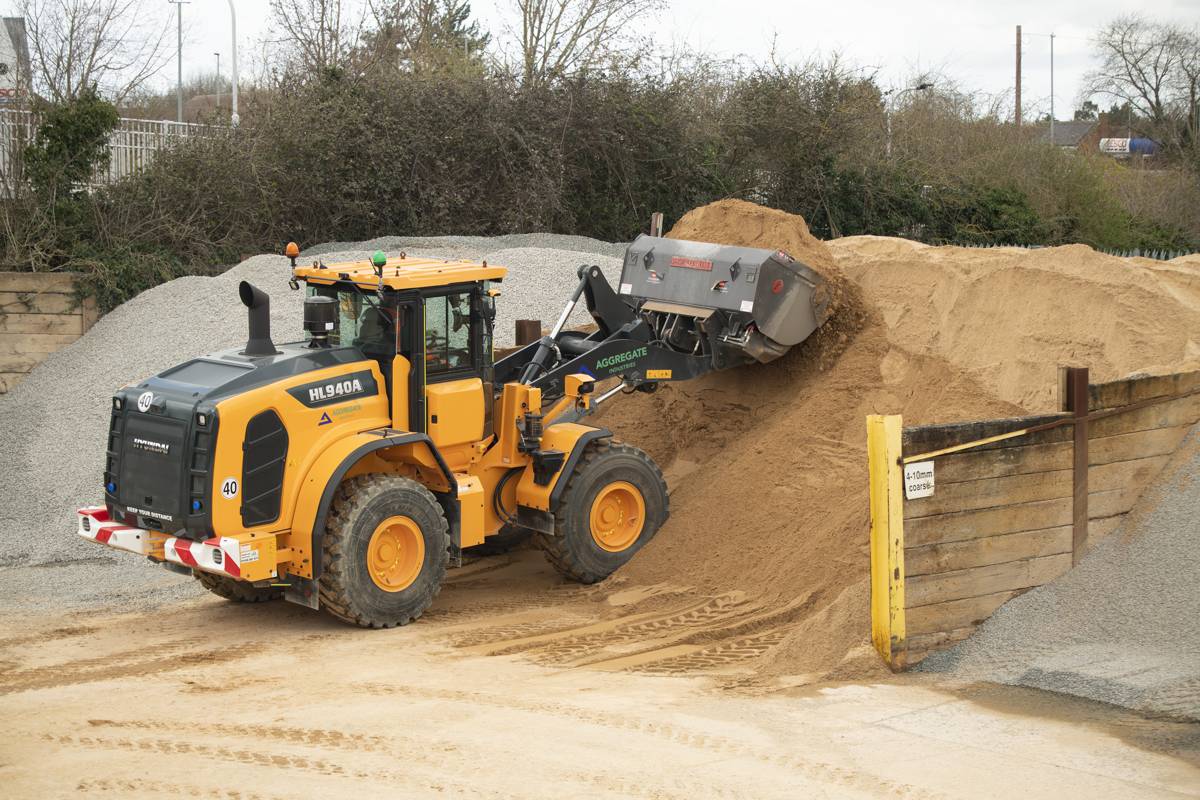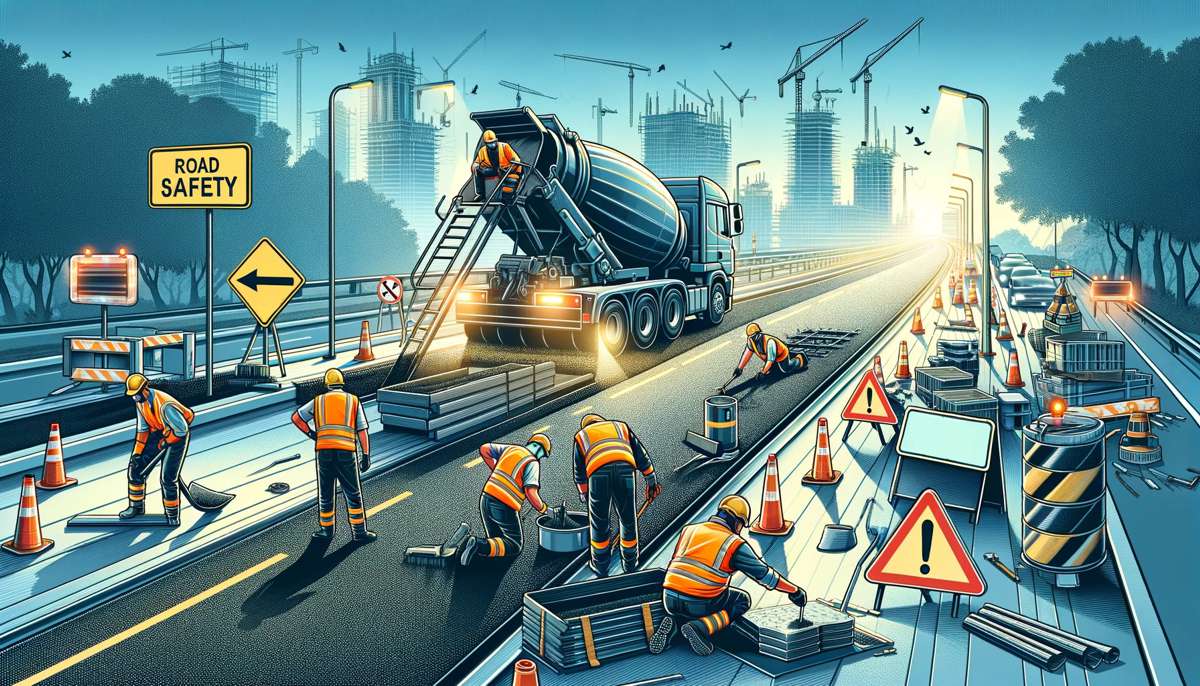Road survey confirms impact of decades of under investment in UK road maintenance
The negative impact of decades of under-investment in road maintenance has been confirmed by the latest Annual Local Authority Road Maintenance (ALARM) survey. The survey found that rate of deterioration of the local road network is accelerating. 1 in 5 roads may need to be replaced within the next 5 years, it would cost £9.31 billion and take 14 years to bring the road network up to a reasonable standard.
The annual survey is carried out by the Asphalt Industry Alliance and is based on information supplied by 61% of local authorities responsible for roads in England and Wales. It found that 1.5 million potholes were filled last year. However, this is expensive reactive repair rather than cost-effective preventative maintenance that would prevent the potholes forming the in the first place. This has long been the logical economic argument forwarded by road maintenance industry.
“Due to years of under-investment, local authorities are playing a never-ending catch-up game. They need the assurance of proper long-term funding from government so that they can undertake planned programmes of maintenance not expensive patch-and-mend. It costs only £2m2 to surface dress and maintain a road but costs an average £52m2 to repair potholes,” said Howard Robinson, chief executive of the Road Surface Treatments Association (RSTA).
Regular planned programmes of preventive maintenance would significantly improve the road network. However, the survey found that English councils have seen a marked decrease in road surfacing frequency reporting, on average, for all classes of road, a jump from once every 55 years, to once every 92 years. For unclassified roads the leap is even more pronounced – going from 87 years, last year, to once every 132 years. Figures for Wales also show a dramatic change, with a figure of once every 71 years now reported for the frequency of resurfacing for all roads.
“Because of reduced highway budgets roads are now resurfaced way beyond their expected service life. This means that using road surface treatments to extend their life is essential. Without them the local road network will continue to crumble away,” said Robinson.















